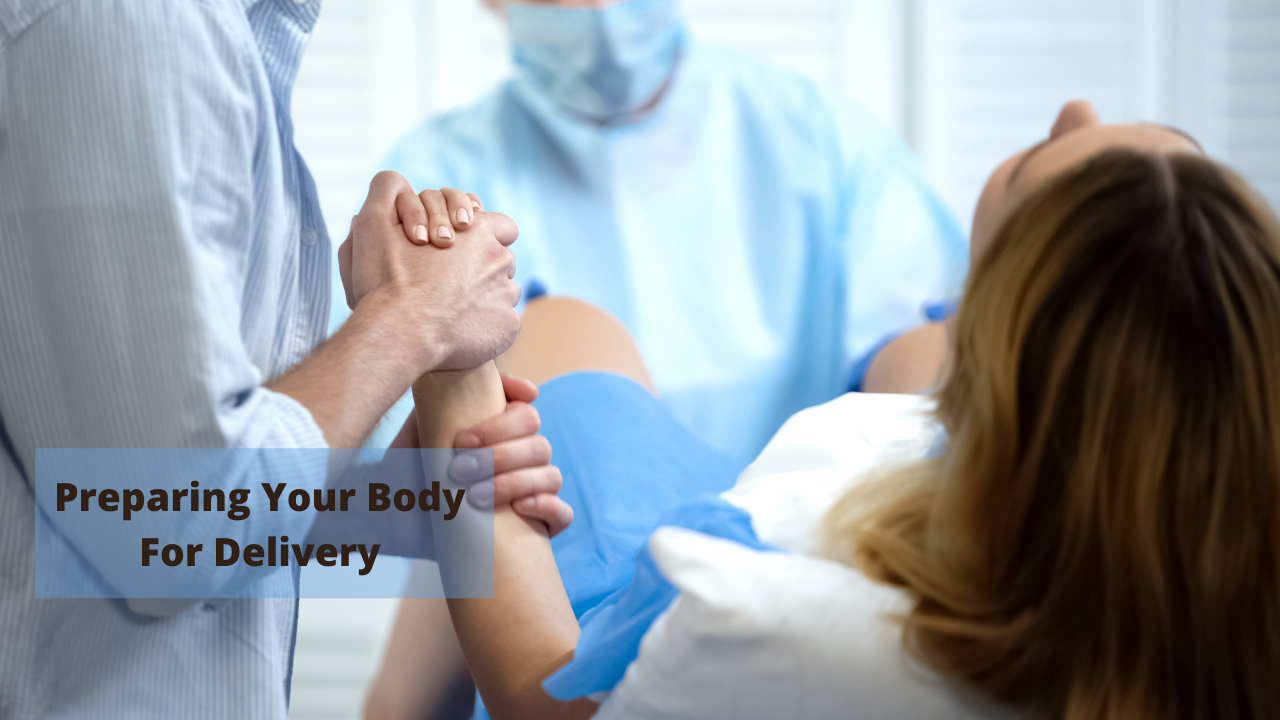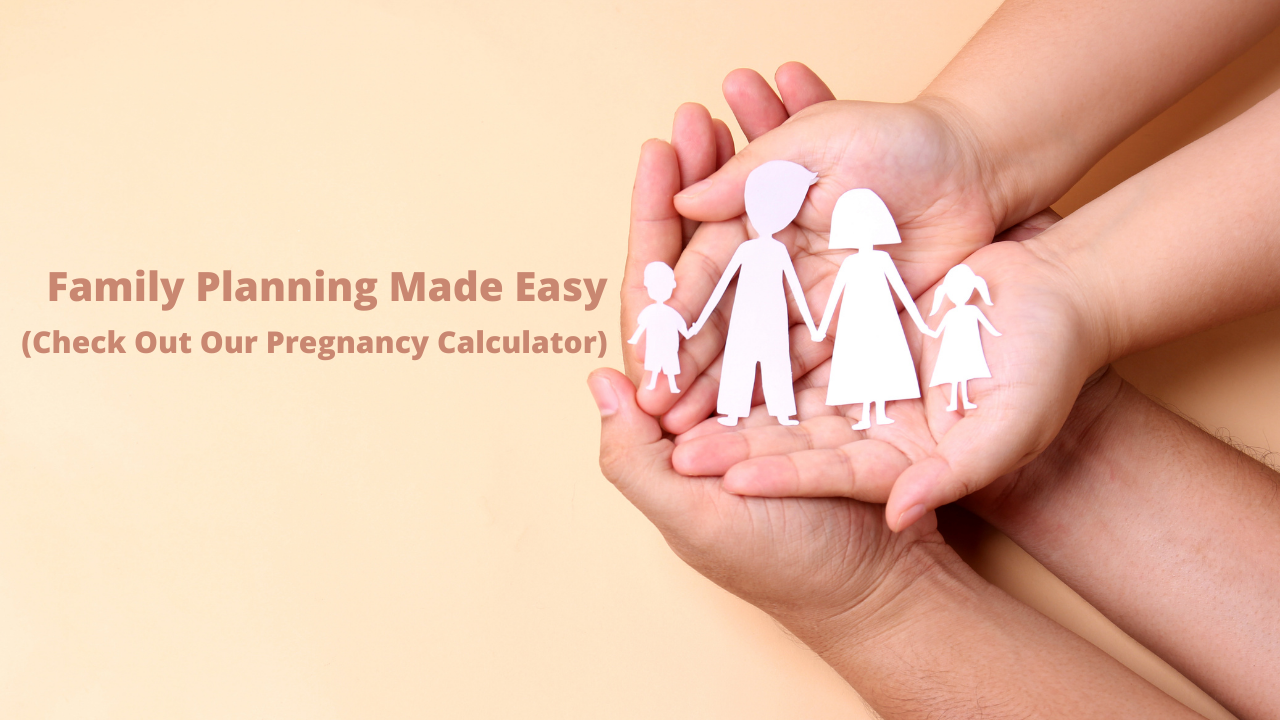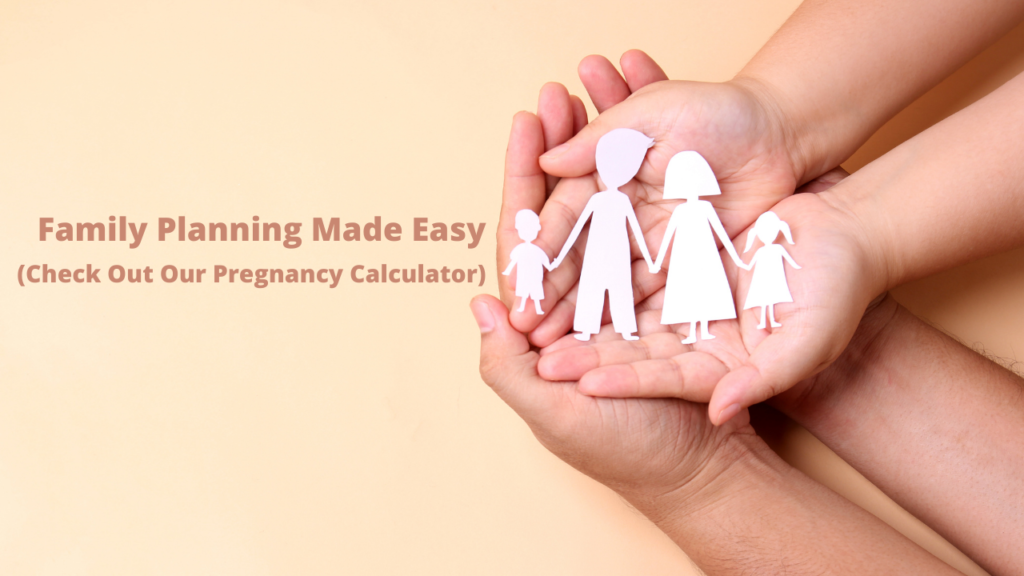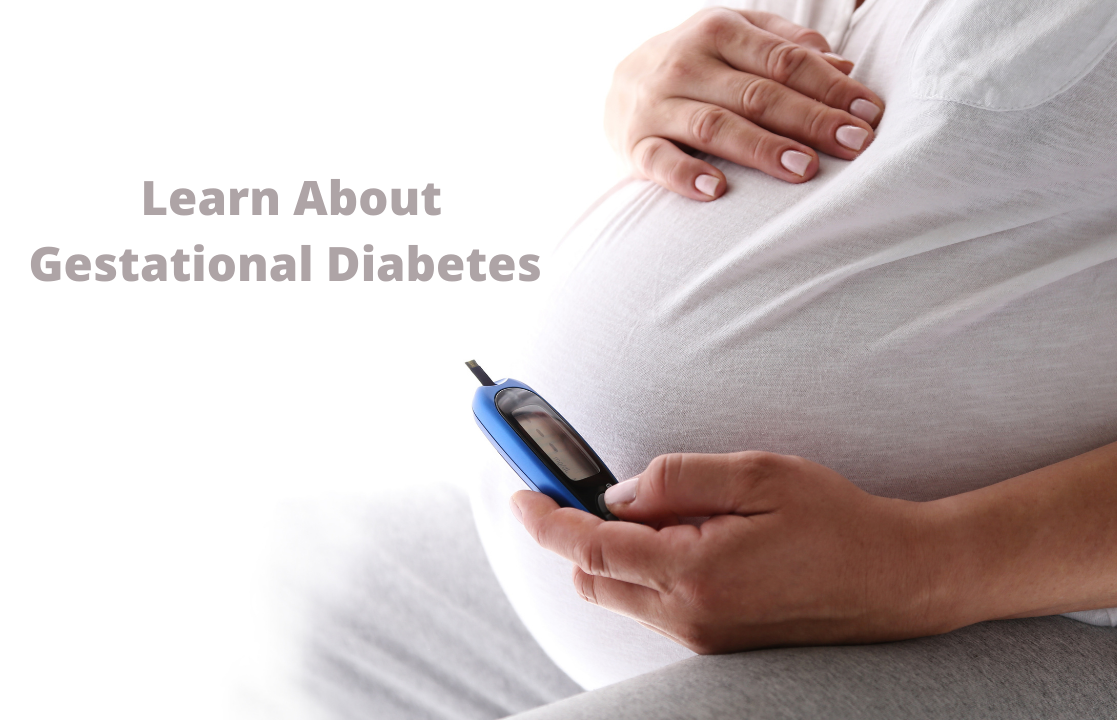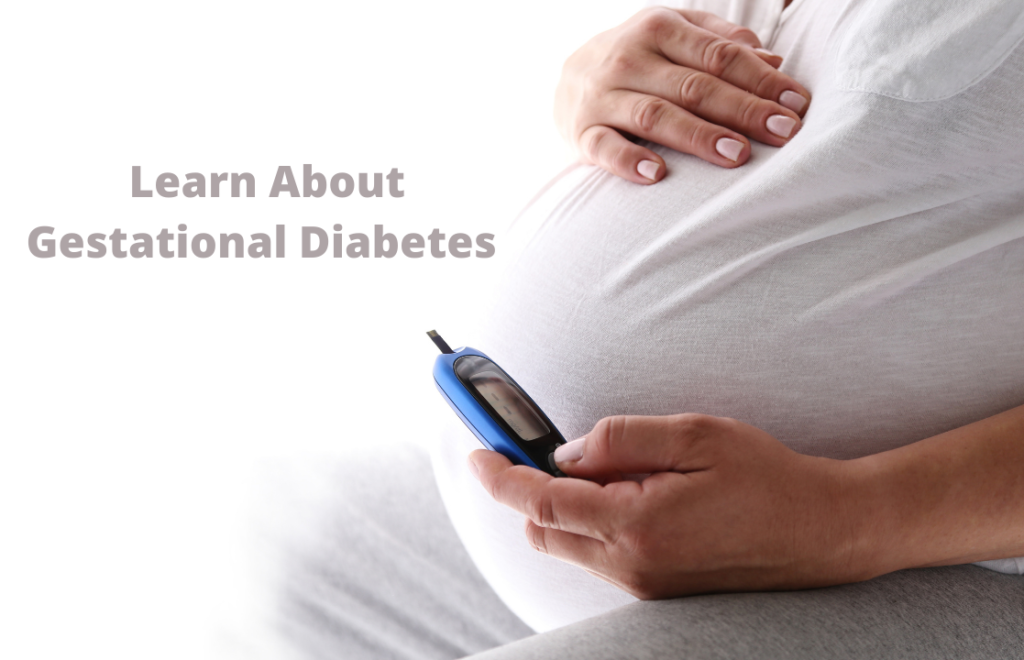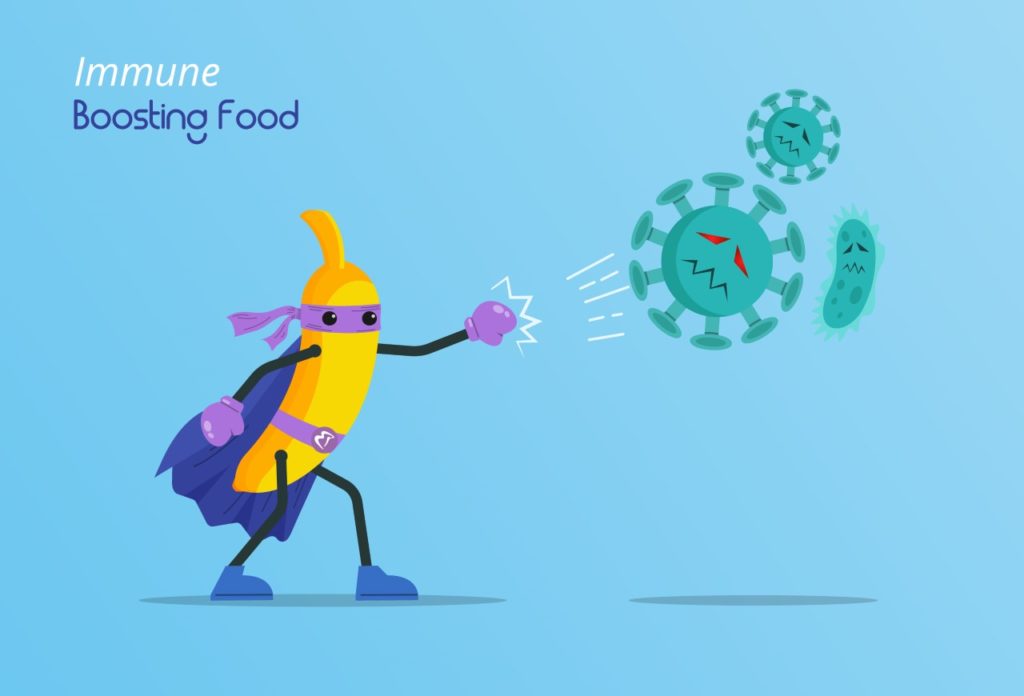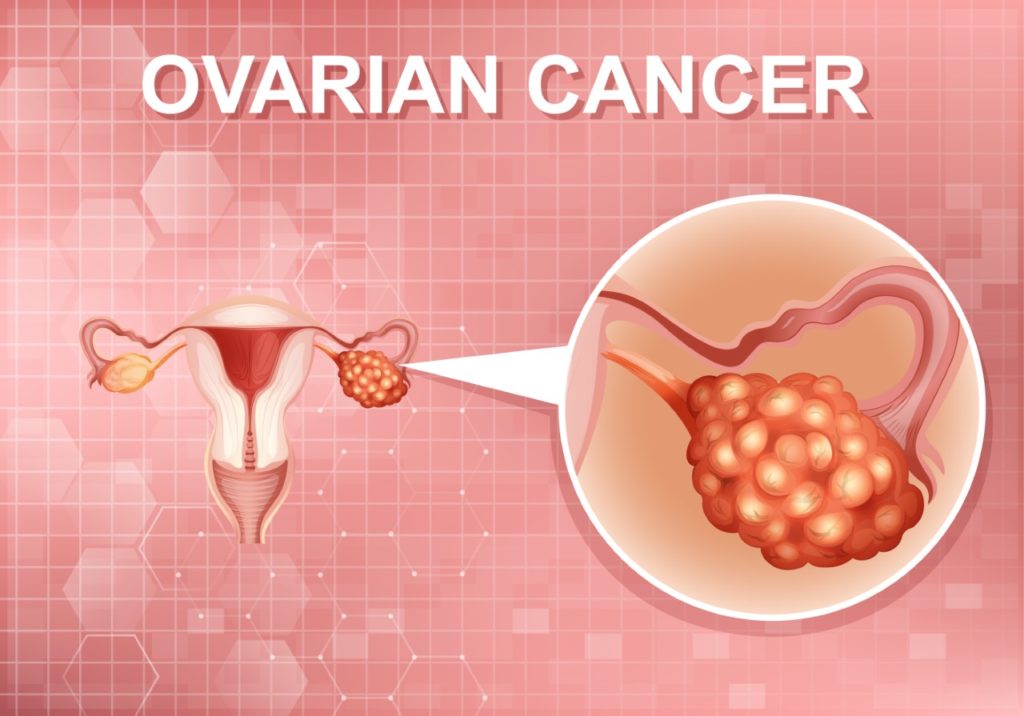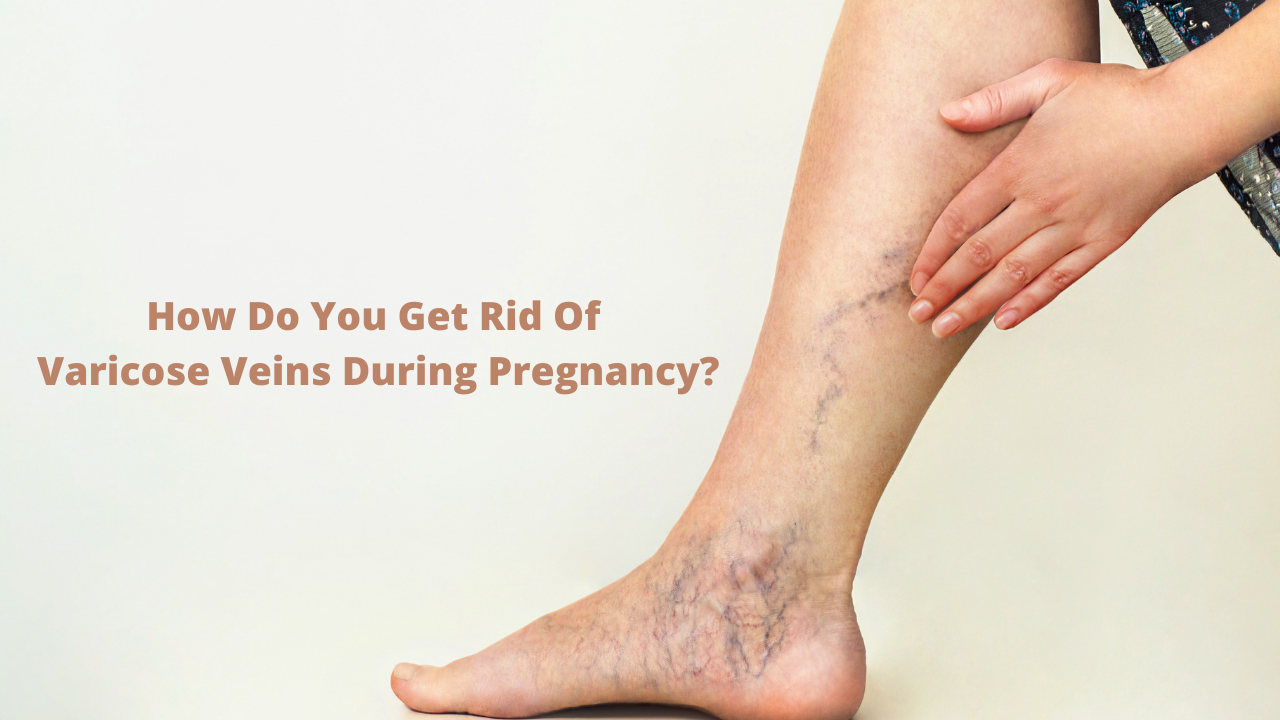Author: Dr. Poonam Rudingwa MBBS, MS (OBG)
Consultant – Obstetrician & Gynaecologist at Motherhood Hospitals, Chandigarh
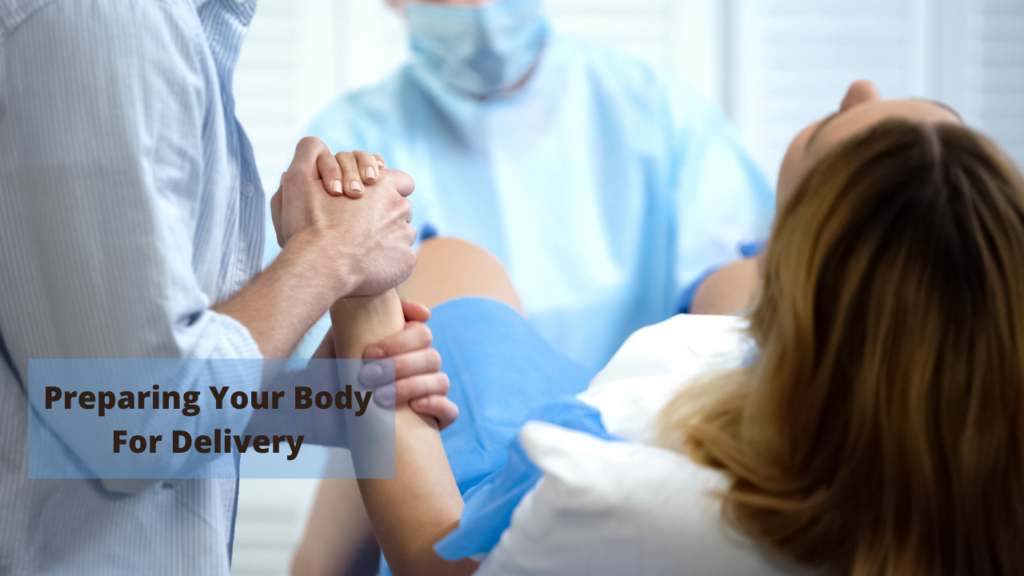
Look at various circumstances of life—no race is completed without training, no test is given without studying or no wedding is done without planning. So how can you give birth without preparing?
Labour and birth are indeed something that is expected of pregnant people but can take place spontaneously without planning, training, preparation or any guidance. But if you train and prepare your body in the right manner for labour and birth, you have the upper edge to move further on with more strength, flexibility, stamina, alignment and a better experience entirely and no mother would want to miss on that!
In this segment, we will discuss the methods given by experts at the best maternity hospital in Chandigarh for normal delivery and the preparation you can do before birth:

1. Invest time in walking
Walking is a simple yet effective way to keep your body moving while capitalising on the benefits. Invest time in regular walking where you can either choose smaller increments or one long walk during your pregnancy. Walking helps in overall strength and endurance build-up since both are essential for labour. You can learn about it and other birthing services in Chandigarh.
2. Minimise sitting
It’s been our habit of spending way too much time sitting and that too in poor posture. This causes disturbance in our body’s alignment, strength, flexibility and physical well-being. Not many know that this can impact childbirth as well! You can learn more about the disadvantages of sitting too long, along with the delivery charges in Chandigarh during your pregnancy journey. Along with this, you’ll know what steps you can take to get out of your chair.
3. Perform squatting
Apart from the Kegels, you can also perform squats! When it comes to pelvic floor strength, alignment, leg stamina, and flexibility—squatting is an ideal movement. It doesn’t mean that you stop performing Kegels altogether, just incorporate a regular squatting program into your daily routine. Learn more about the importance of squatting while you are enquiring about the pregnancy package in Chandigarh.
4. Start wearing flats
Heels look stylish but are they practical during pregnancy? Heels, pumps (aka positive-heeled shoes) or wedges, can cause problems, since they kick your body out of alignment. With the pregnant body already messing with the body alignment, the extra pressure from your footwear won’t help at all. Body alignment does matter for birth since the muscles and joints work best when your body is in correct alignment and the body in labour and birth would also perform best with the correct alignment. It makes an impact on how the baby is positioned for birth along with your body to give birth vaginally, with or without complications.
5. Learn to breathe
One of the finest ways to support your physical, mental and emotional state is to learn the art of breathing. If you are someone who takes shallow breathes or breathes less during a stressful situation, you need to work on your breathing technique multiple times throughout the day. Taking longer exhales than inhales allows your body to relax. During a tense situation, breathing allows your brain to get enough oxygen and stay alert to make a wise decision.
6. Rest
Know that labour will be a marathon and things will not be over instantly. Your body would need a lot of rest, healing and preparation time. Resting allows your body to relax all the physical structures of the body along with mental and emotional states. During the end of your pregnancy, you may even feel more inclined to take rest—don’t resist this feeling of yours.
At Motherhood Hospitals, we have a team of experienced super specialists backed by the latest in infrastructure and facilities. We have the best experts in Chandigarh capable of handling complex deliveries, gynaecological and other surgeries including a range of laparoscopic procedures.
Do take an appointment with the best Gynaecology hospital in Chandigarh at a centre closest to you. Meet with our doctors who will carry out the required investigations, diagnose the issue and recommend the most appropriate treatment, enabling you to lead an active life.
If you wish to get in touch with Dr. Poonam Rudingwa, please book your appointment here.


 Toll Free Number
Toll Free Number







